For Love of the Nukuoro Bible
|
The Wycliffe News Network team is small. We are the international journalism team for the Wycliffe Global Alliance and yet there are currently only four full time staff members. Well, three since I’ve dropped down my hours recently. Often we have so many stories to tell, and photos to share, that it would take far too long to try and do it all by ourselves. So, we have a few wonderful volunteer writers who put in the hard work to pour through all the notes and transcripts that we collect during a story-gathering trip and help us craft a story. Lately I’ve been sending a lot of my stories out to other writers to work on. This is bitter-sweet. The writing and editing process is time consuming. The easier a story is to read, the longer it has been laboured over. In some ways it is nice to give up the tedious details and just help to shape the big picture of the story. On the other hand, it is a unique thrill to thread words together that describe a person or community that I experienced first hand. The people that I meet often have so much passion and dedication for their work that it is contagious, and I love the challenge of sharing that enthusiasm with the world. When I travel for a week or two I collect the content for several different stories, and I can’t keep them all to myself. So, the following is the first of many stories that I will post here for which I have travelled to the location, conducted interviews, taken photographs and written up notes but the text was actually polished by another writer. In this case the lovely Claire M. Smith.
For Love of the Nukuoro Bible
Betty Amon remembers sitting with her family during family devotions and reading the Bible in Pohnpeian, a major language in Micronesia. She could read the words aloud, of course, but she didn’t have the faintest idea what they meant. So her father had to explain each verse, translating as they went, peeling back the layers of meaning in the text. And young Betty wondered, “Why do I have to read someone else’s Bible when I can’t even understand it?” Finding Her Calling
Betty’s mother became the first female pastor in Micronesia. She had taught herself to read the Bible in Gilbertese, (a Micronesian language spoken by people in the Gibert Islands) and used to travel around the local islands sharing its message. She was one of the instigators of the Nukuoran Bible translation, and was a key influence in Betty’s life. “She was the last one to turn off the light, and the first one to get up in the morning – four o’clock if necessary – to read the Word,” recalls Betty with a smile. “I say that I love God and know the Word, but my love for the Word isn’t anything near what hers was.” Little did Betty know that, as she began high school on the island of Palau, her mum had started praying that her daughter would one day be called into Bible translation. “I got saved when I was in high school,” says Betty. “Then the Lord really zeroed into my heart and said, ‘This is what I want you to do.’ By the time I was in eleventh grade, I really believed God had put it in my heart that I should do the Bible translation for my people.” Getting StartedAfter high school, Betty enrolled in Prairie Bible College in Alberta, Canada. She was there for seven years pausing her studies every so often to work in order to clear her debts because the college did not allow students to owe money. She waitressed in restaurants, made beds in a hotel, cleaned windows… anything she could because she urgently wanted to return home to start translating the Bible.
But despite being convicted that God had a purpose for her in Bible translation, Betty also made sure to test the calling. “In the first year, I had doubts,” she says. “So I started praying the opposite, and the more I did that, the more I was convinced that Bible translation was what I was supposed to do.” She was also affirmed by Christians she met in Canada, who occasionally gave her money for her work. It was a letter from her Nukuoran church, however, that really got things moving. Betty explains, “The letter said, ‘We have heard that you have finished Bible school, so would you come and start the Bible project?’ I didn’t even know, but the church, [over several years], had collected over $12,000 to publish the New Testament. So it wasn’t just me, there’s a whole bunch of people behind me whom God used to begin this project.”
Betty returned home to pick up the work her mother and others had started. Much of the New Testament translation was already done, written out by hand. Betty refined the language and typed everything on a typewriter. “I remember just typing all night, over and over.” Betty says. “It’s a good thing that the Old Testament wasn’t in there, too!” she laughs. In 1987 the first ever Scripture in Nukuoran, the gospels of Matthew and Mark, were published. Not Finished, Yet!But her work wasn’t finished. The Church asked Betty to also translate the Old Testament. She enrolled at Bible college in Israel in order to learn more Hebrew. Because of the Gulf War, most of the students had left, but four women, ten men and most of the staff remained. “We had to take our gas masks with us to classes. As soon as the sirens went, we had to make sure we grabbed the masks and got into the sealed rooms above.” She adds, “It was scary. I really had to quieten myself down and ask who brought me here. Then I’d come to the point of saying to myself: ‘I believe God wants me here, and if He still has things for me to do, then I don’t have to worry. Just let it go.’”
She returned home with a renewed passion for translating Scripture. Betty selected a team of Nukuoran translators living in Pohnpei, the island where the Federated States of Micronesia’s capital city is located. The team included two songwriters, a carpenter, a midwife, and two school teachers who were also pastors. SIL* colleagues in Australia trained her to use a Bible translation software called Paratext, and in 2005 the new team continued work on the Old Testament. From a tiny one-bedroom house in Pohnpei, they translated up to four days a week, around their day jobs. They are assisted in their work by consultant Paulus Kieviet, a staff member of the SIL Pacific Group and a specialist in Polynesian languages. Working with the support of SIL and The Seed Company helped the translation work get done faster. They were able to purchase a new laptop, incorporate time-saving translation software, and have expert help on issues like type-setting, spelling, and linguistics. The first draft of the whole Old Testament was completed prior to 2014, but the team continues to work on revisions. Betty often travels to Pohnpei to refine the text with members of the Nukuoro community there.
“I ask people, if they read something that doesn’t sound like a Nukuoran person speaking, [to] mark it,” explains Betty. “If you think it’s not the correct way you understand God’s Word, mark it. If it’s a wrong spelling, mark it. And then, when they bring it back, we can go over it.” God’s Word in NukuoranThe Old Testament and the first translation of the entire Bible for the Nukuoran people is close to completion. Betty hopes that having the Scriptures will greatly help this community, which, she shares, struggles with crime, family problems and suicide.
For Betty, now 65, it will be the culmination of an all-consuming, heartfelt commitment to serve her people. She has never married (despite offers!) and has no children; her dedicated work is her legacy. “Sometimes I think about the fact that I never married, but it never stays,” says Betty. “I think God keeps you busy and happy in what He wants you to do. My life is full and rich, not because I’m somebody, but because of God. God is making it that way.” She cites Malachi 3:6, which reads, “I, the Lord, do not change” (NIV), and says, “If I choose to keep believing what God told me to do, He can fulfil it. If I keep obeying God, He will make it happen – because He doesn’t change.” And, sitting in her small, terrace-style house on this beautiful island, Betty adds, “Even if I’m not here, the Bible we’ve translated can do what God wants. Long after any of us [are gone], God can still use his book to speak to hearts and bring more and more of our people and family to Him.”
Words: Claire M. Smith Published on wycliffe.net |



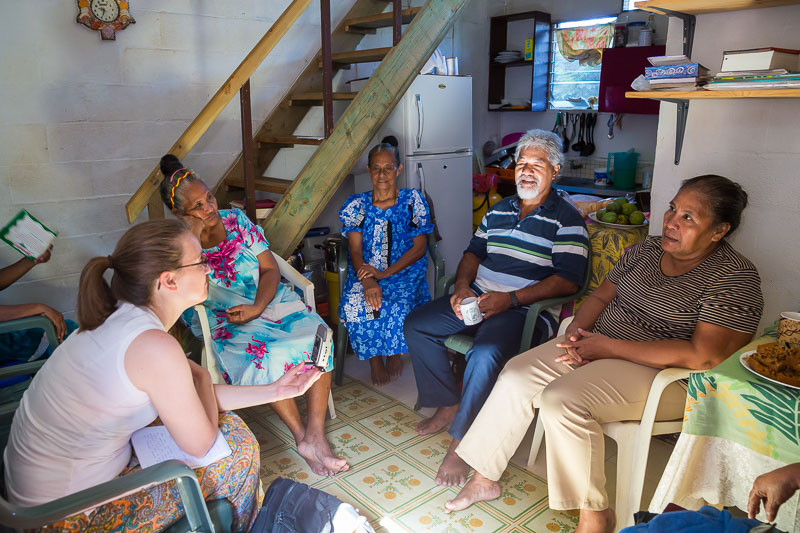
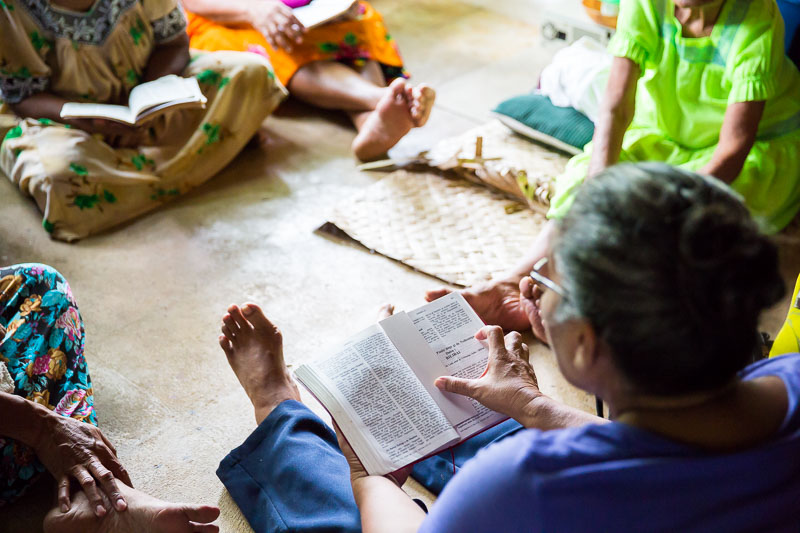
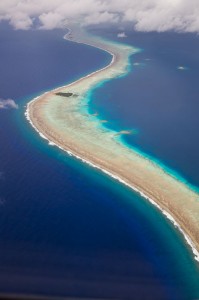 Betty grew up on the remote Micronesian island of Nukuoro, in the Pacific Ocean. Fewer than 1,000 people live on this circle of land surrounding a large lagoon. Her father was a hard-working farmer, who harvested copra (dried coconut), and ran a small shop. He was also a church deacon and was training to be a pastor before he died in his early 40s.
Betty grew up on the remote Micronesian island of Nukuoro, in the Pacific Ocean. Fewer than 1,000 people live on this circle of land surrounding a large lagoon. Her father was a hard-working farmer, who harvested copra (dried coconut), and ran a small shop. He was also a church deacon and was training to be a pastor before he died in his early 40s.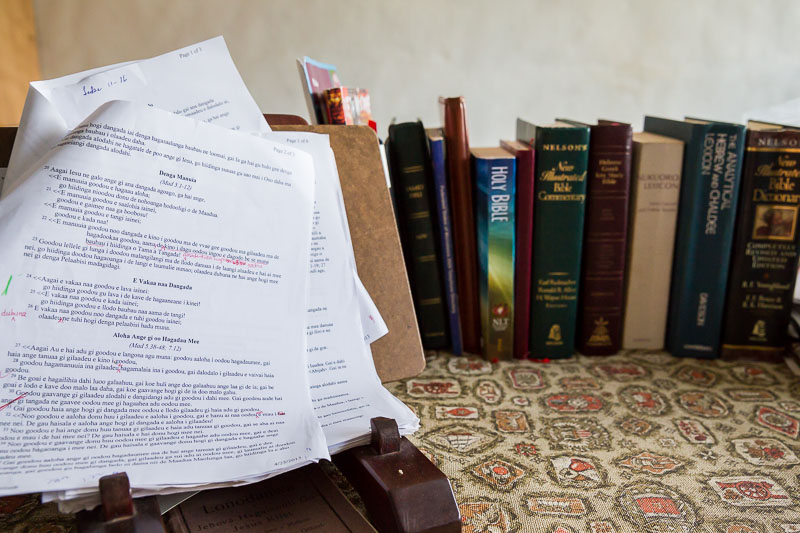

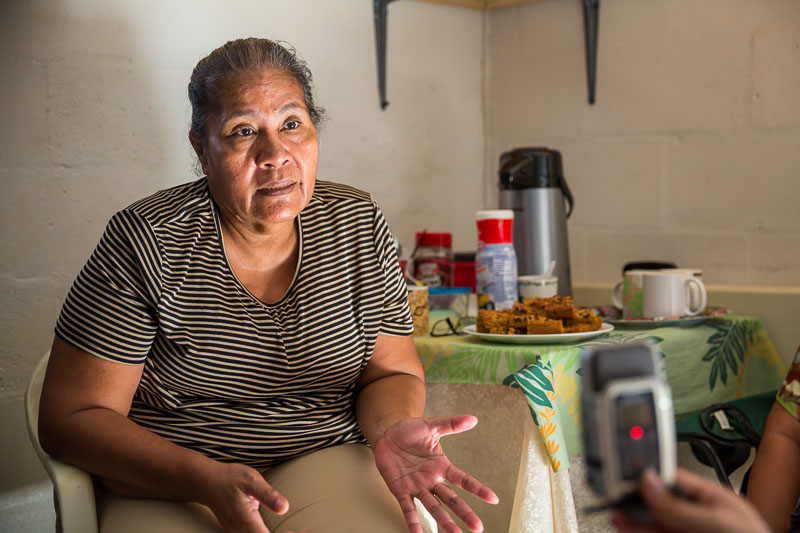
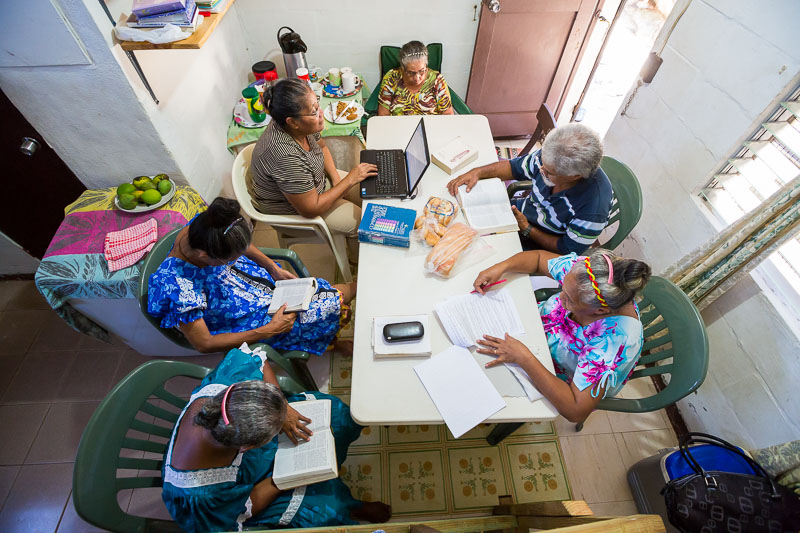
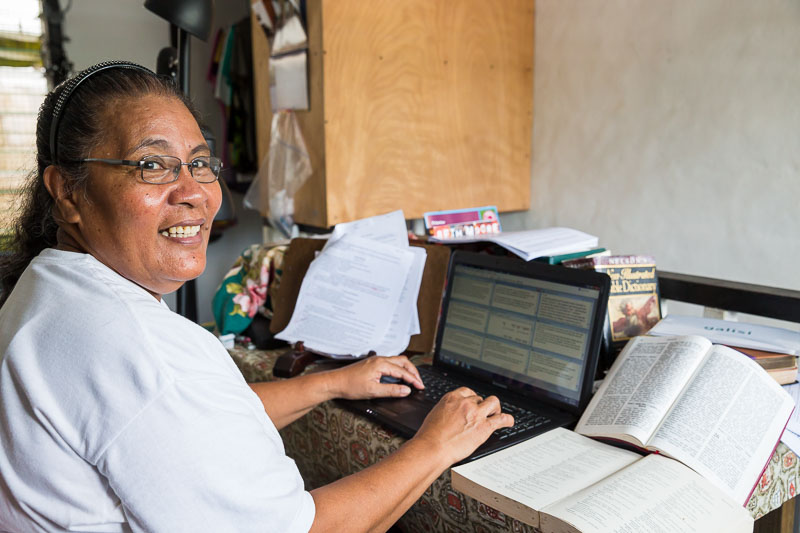
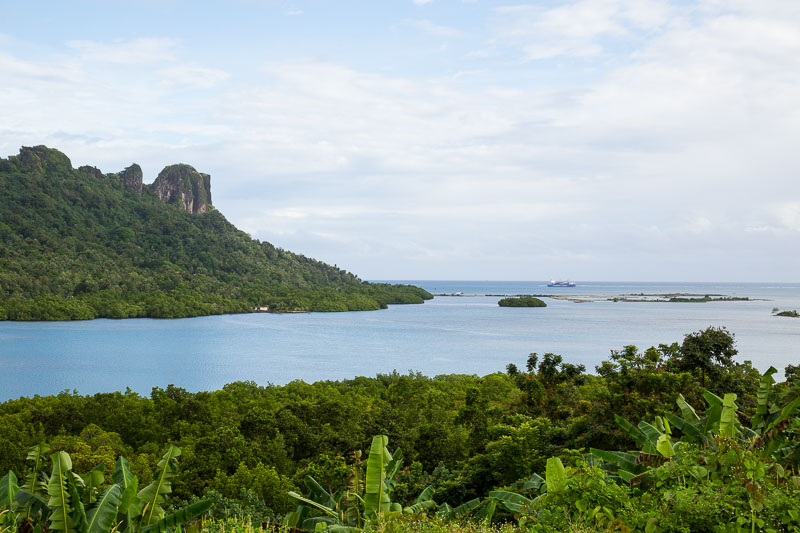
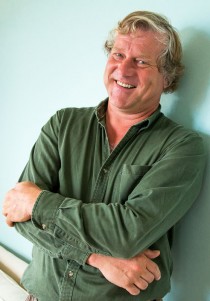
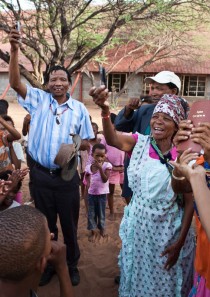
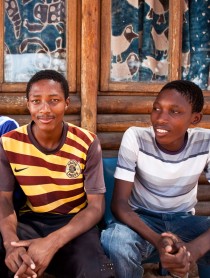
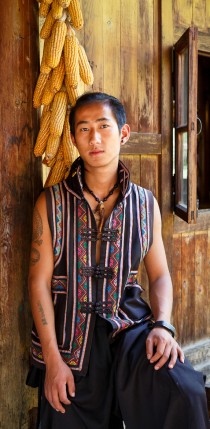
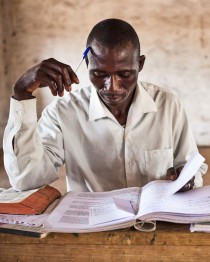
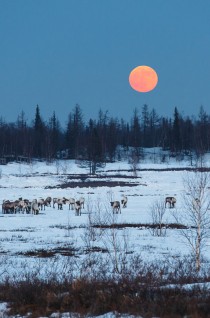
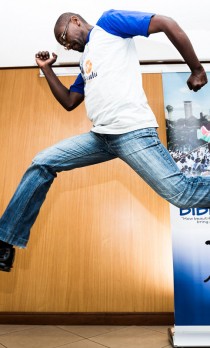
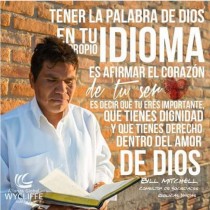
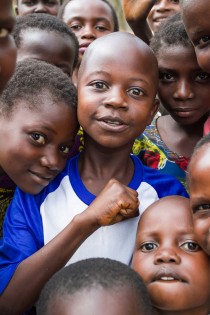

Pingback: For Love of the Nukuoro Bible | Heart Language ...
Pingback: Inheritance - Weekly Inspiring Image
Pingback: Inheritance – Weekly Inspiring Image - Wycliffe Australia